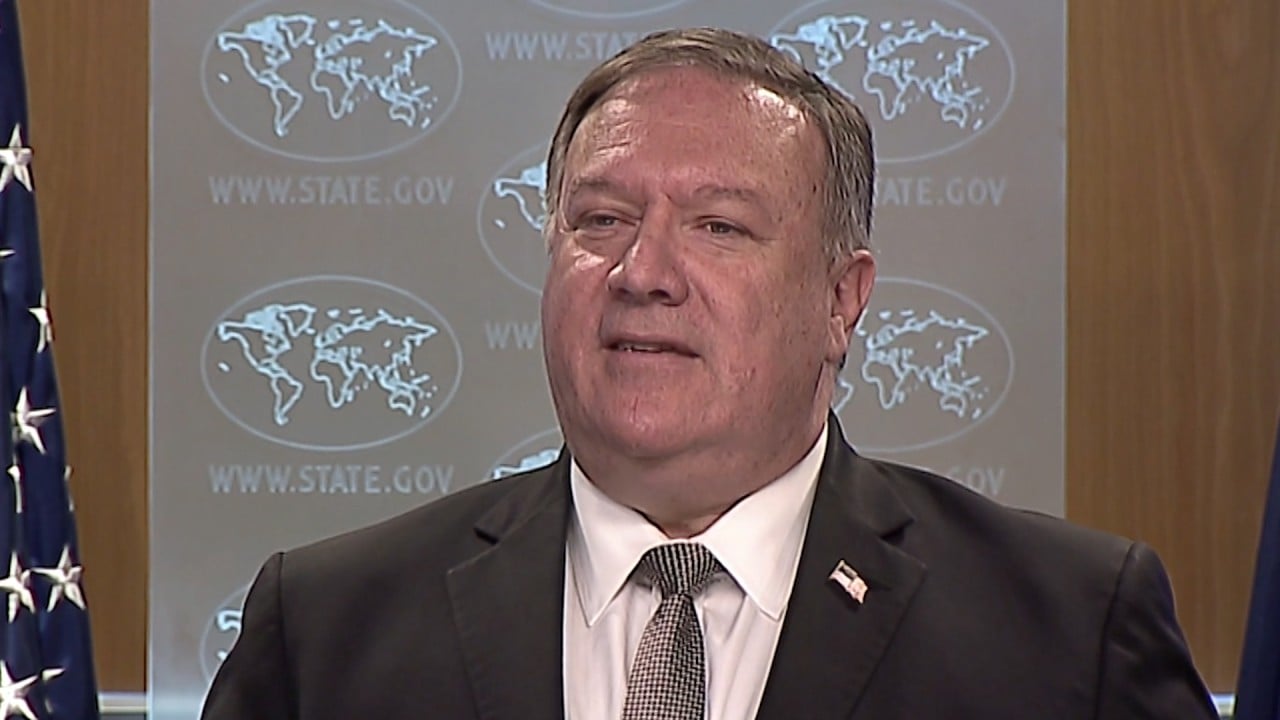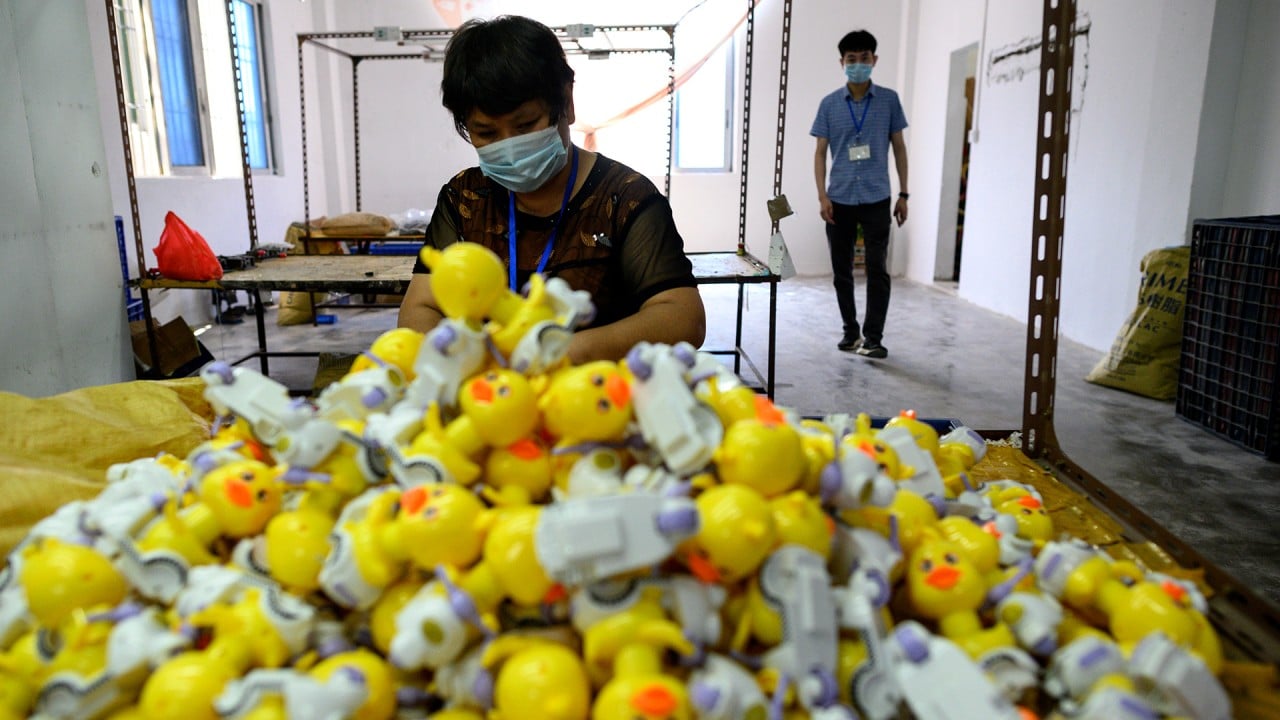
What China’s pivot towards economic self-sufficiency means
- As global headwinds grow, China has turned its attention inward to focus on domestically driven economic growth
- This will come at the expense of efficiency and accelerate deglobalisation, but it’s a price Beijing is willing to pay
When Chinese Vice-Premier Liu He first talked about the concept of “dual circulation” in his keynote speech at the Lujiazui Forum in mid-June, few had any idea what he was referring to. “A new dual-cycle pattern, which is dominated by the domestic economic cycle and facilitated by the cycle between China and overseas countries, is taking shape,” Liu said.
Those familiar with the Chinese political system would be aware that a new term appearing on the top-level agenda probably signals a change of strategy.
To make more credit available for technology and industrial upgrading, the authorities have reiterated their resolve to curb property speculation. In the past two decades, the housing sector has attracted many investors seeking capital gains, crowding out financing for manufacturers and small firms.
It is widely expected that more such property curbs will soon be imposed on other cities where housing prices are also rapidly rising. Many were surprised by the property curbs, with the post-Covid-19 recovery not yet on a solid footing – but they reflect how urgently the authorities want to change the economic growth track.
China has shifted to a more domestically driven growth mode, which seems inevitable as the external headwinds get stronger.

01:04
Pompeo says US considering ban on TikTok and other Chinese apps, praises Google, Facebook, Twitter
By now, China, too, would have realised that the prospects of emerging victorious in this conflict are limited. This is because China’s negotiating position is much weaker, given its significantly lower imports from the US, which could potentially be hit with taxes. Last year, the value of China’s exports to the US was five times higher than its imports.
Therefore, China has moved to an approach of making the country less dependent on foreign trade and focusing on the domestic economy. As a result, China will become more autarkic. Accordingly, the government is strongly encouraging exporters to develop the domestic market as well.
At the same time, China is modernising its technologies and rationalising its domestic supply chains to become more independent of foreign production. However, this strategy towards greater self-sufficiency is at the expense of efficiency, as it does not take advantage of the international division of labour.

02:19
Chinese exporters turn to domestic consumers as coronavirus hits overseas markets
But the Chinese government is obviously willing to accept these efficiency losses, although they will slow down economic growth in the longer term.
All told, the emphasis on “dual circulation” is a natural policy change given the new global dynamics, suggesting that China is gradually turning inward, further strengthening the deglobalisation trend. At the end of the day, China’s massive domestic consumption will be the most important driver in this policy move.
Hao Zhou is senior emerging markets economist at Commerzbank

